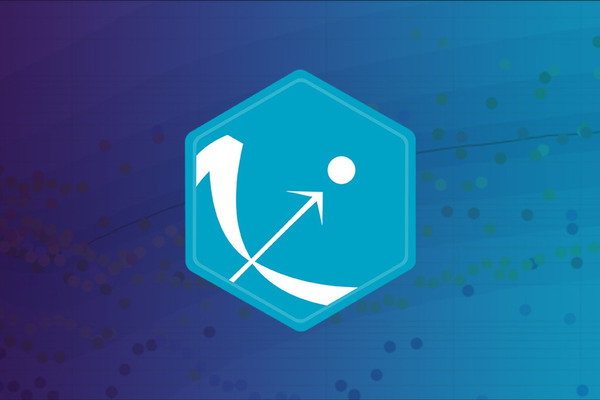
In Person | June 2, 2026 - MONOLIXSUITE PAGE 2026 SATELLITE WORKSHOPS This hands-on AI Lab introduces MonolixSuite’s specialized AI assistants through guided examples designed for reproducibility, traceability, and regulatory-ready workflows. You’ll explore where AI can meaningfully support pharmacometric modeling today — and where human expertise remains essential. No prior MonolixSuite or LLM experience is required. MonolixSuiteTM AI Lab: From Concepts to Agents - Practical AI Use Cases for Modelers PAGE 2026 Satellite Workshop Half day: Tuesday afternoon, 2nd June 2026: 1 – 5 PM Course description Large Language Models (LLM) are widely discussed across the industry, but their practical and safe application within a regulated scientific environment remains little understood. In pharmacometrics, there is a gap between a generic AI response and outputs that are reproducible, reviewable and appropriate for scientific decision making. This AI Lab addresses that gap with a practical, hands-on introduction to MonolixSuite specialized AI assistants. Working with early access beta tools in MonolixSuite, you will use guided examples to explore how AI can support tasks such as drafting model elements, generating code, and supporting workflows. The session includes an introduction to the Model Context Protocol (MCP) to connect AI assistants with a modeling environment. By including realistic applications and acknowledging current limitations, the AI Lab will help you develop a clear view on what AI can support today, and how to use these tools safely and effectively in your own workflows. New to MonolixSuite? No problem. To support participants with different backgrounds, registration includes free access to our online beginner training. These self-paced resources help you get the most out of the course. Includes a temporary licence for the MonolixSuite. This is an IN-PERSON WORKSHOP taking place in Dubrovnik, Coratia, as a satellite event of the PAGE conference. More courses at PAGE This course is for FREE if combined with a full day course on Monday Afternoon + Tuesday Morning: MonolixSuite Modeling Lab: Practical Solutions for Advanced PKPD Challenges MonolixSuite Workflow Lab: From Automated Analysis to Submission-Ready Deliverables Price per person The prices are VAT exempted, it will be added if applicable. Industry: $470 (~400€) – Academia: $235 (~200€) If you want to join also a full day workshop, please register via this links: AI Lab + Modeling Lab AI Lab + Workflow Lab Lunch on Tuesday is included. Payment Method: Credit Card* *If you are unable to complete payment with a credit card please contact education@simulations-plus.com to request and invoice to pay via direct wire transfer. Location This is an in-person workshop in Dubrovnik in Croatia. Read more
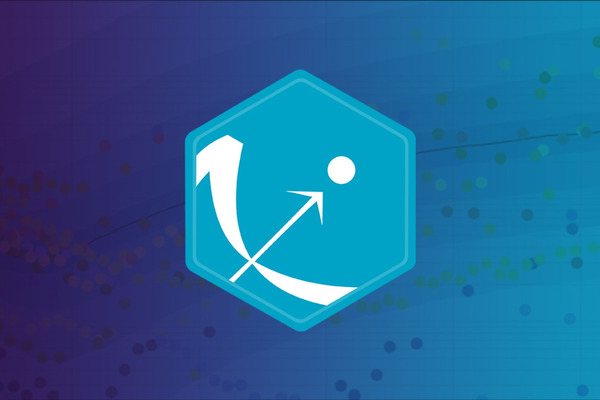
In Person | June 1-2, 2026 - MONOLIXSUITE PAGE 2026 SATELLITE WORKSHOPS This Workflow Lab shows how to move from one-off analyses to standardized, automated pipelines using MonolixSuite and R-based tools. Through hands-on examples, you’ll learn how to build workflows that support efficient reruns, consistent outputs, and review-ready reporting. Beginner MonolixSuite online training is included. MonolixSuiteTM Workflow Lab: From Automated Analysis to Submission-Ready Deliverables PAGE 2026 Satellite Workshop Full day: Monday afternoon 1st June 2026: 1 – 5 PM and Tuesday morning 2nd June 2026: 9 AM – 12 PM Course description The transition from manual, one-off analyses to standardized, automated pipelines is changing how modellers handle frequent data updates, reruns, tight timelines, and review expectations. This workflow Lab helps to make that transition by building end-to-end workflows that are reproducible, traceable, and ready for efficient internal and regulatory review. Through technical lectures and guided hands-on exercises, you will learn to automate data formatting and plots customization via presets, run Monolix automatically with lixoftConnectors, standardize outputs, and generate reports with Quarto. The course also covers practical quality and submission-oriented practices, including software installation documentation/validation, version control, and generating standardized output and plot packages for submissions. By the end of the workshop, you will have a structured workflow example that supports reproducibility, traceability, and submission preparation and can be adapted to your own projects. New to MonolixSuite? No problem. To support participants with different backgrounds, registration includes free access to our online beginner training. These self-paced resources help you get the most out of the course. Includes a temporary licence for the MonolixSuite. This is an IN-PERSON WORKSHOP taking place in Dubrovnik, Coratia, as a satellite event of the PAGE conference. More courses at PAGE Combine this course with the half-day MonolixSuite AI Lab on Tuesday afternoon (2nd June 2026, 1 – 5 PM) for FREE ! or choose a parallel course "MonolixSuite Modeling Lab: Practical Solutions for Advanced PKPD Challenges" . Price per person The prices are VAT exempted, it will be added if applicable. Industry: $939 (~800€) – Academia: $470 (~400€) If you want to join also the AI Lab workshop, please register via this link. Lunch on Tuesday is included. Payment Method: Credit Card* *If you are unable to complete payment with a credit card please contact education@simulations-plus.com to request and invoice to pay via direct wire transfer. Location This is an in-person workshop in Dubrovnik in Croatia. Read more
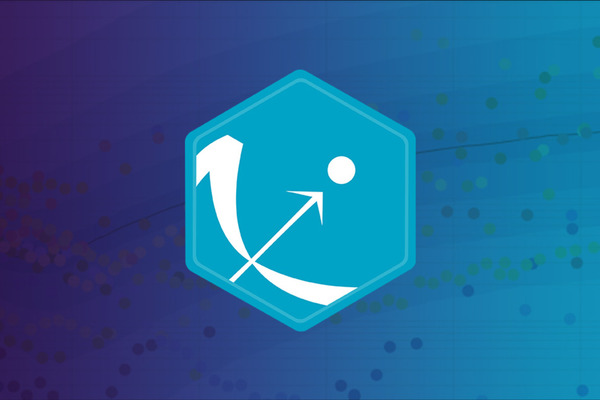
In Person | June 1-2, 2026 - MONOLIXSUITE PAGE 2026 SATELLITE WORKSHOPS This Modeling Lab focuses on practical problem solving to help you understand algorithm behavior, diagnostics, and the reasoning behind modeling decisions. Through guided hands-on examples and real troubleshooting cases, you’ll learn how to approach complex models with confidence and structure. MonolixSuiteTM Modeling Lab: Practical Solutions for Advanced PKPD Challenges PAGE 2026 Satellite Workshop Full day: Monday afternoon 1st June 2026: 1 – 5 PM and Tuesday morning 2nd June 2026: 9 AM – 12 PM Course description Complex model development requires more than following a standard workflow; it requires understanding and interpretation of estimation algorithms and diagnostics. This modeling Lab moves beyond reviewing software features and focuses on practical problem solving to help you make good modeling decisions. During technical lectures and guided hands-on sessions, you will explore diagnostic tools using different settings, gain practical insight into estimation algorithms behaviour, and work through examples of complex model building. Part of the session includes interactive troubleshooting based on real issues encountered in Monolix support, illustrating how to approach problems from both a modeling and technical perspective. To make the experience as relevant as possible, participants are invited to pre-submit specific questions, datasets or models (details provided after registration), with selected cases discussed live during the workshop. New to MonolixSuite? No problem. To support participants with different backgrounds, registration includes free access to our online beginner training. These self-paced resources help you get the most out of the live, instructor-led coaching. Includes a temporary licence for the MonolixSuite. This is an IN-PERSON WORKSHOP taking place in Dubrovnik, Coratia, as a satellite event of the PAGE conference. More courses at PAGE Combine this course with the half-day MonolixSuite AI Lab on Tuesday afternoon (2nd June 2026, 1 – 5 PM) for FREE ! or choose a parallel course "MonolixSuite Workflow Lab: From Automated Analysis to Submission-Ready Deliverables" . Price per person The prices are VAT exempted, it will be added if applicable. Industry: $939 (~800€) – Academia: $470 (~400€) If you want to join also the AI Lab workshop, please register via this link. Lunch on Tuesday is included. Payment Method: Credit Card* *If you are unable to complete payment with a credit card please contact education@simulations-plus.com to request and invoice to pay via direct wire transfer. Location This is an in-person workshop in Dubrovnik in Croatia. Read more
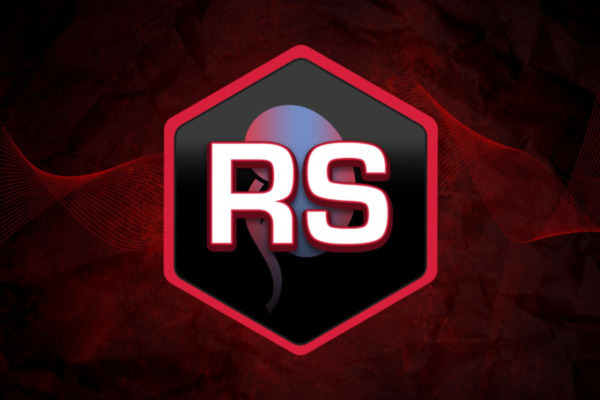
On Demand - This hands-on training course will introduce participants to the basic use and new features of RENAsym® v2A, for both new and experienced users. Guided exercises will walk users through the usage of RENAsym to predict drug-induced kidney injury, and users will also be introduced to improvements made for RENAsym v2A. Attendees can request a complimentary, 2-week trial of RENAsym®. Please fill out a request form located here. Read more
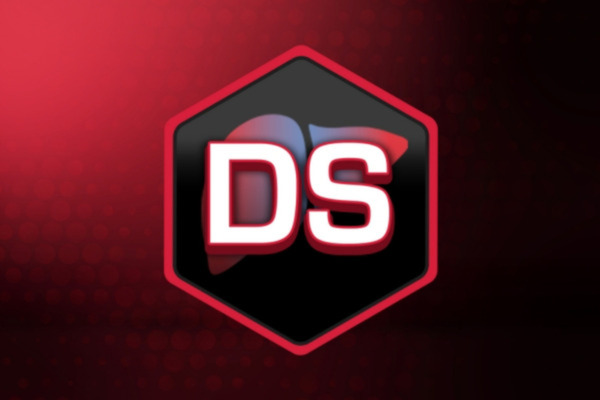
On Demand - This hands-on training course introduces participants to the latest features and sub-models in DILIsym® version 11, designed to support both new and experienced users. Through guided exercises, attendees will gain practical experience navigating enhancements in mechanistic modeling of drug-induced liver injury. While prior completion of the 2023 DILIsym Crash Course is recommended for foundational context, it is not required to participate. Attendees can request a complimentary 2-week trial of DILIsym. Please fill out a request form located here. Read more
-GPX.jpg)
On-Demand | GPX™ Tutorial Series I gives you the practical know-how to use GastroPlus® X effectively. Learn the essential steps to set up, run, and interpret simulations—all in clear, easy-to-follow videos. No fluff, just the tools and techniques you need to get results quickly. Perfect for professionals who want speed, simplicity, and confidence. Now available in Chinese, French, Japanese, Portuguese and Spanish languages. Register for more information! GastroPlus X Tutorial Series I 1. The GPX™ Paradigm 2. GPX™ Legacy Import 3. Creating a project from Scratch in GPX 4. Dosing Schedules 5. Physiologies and Physiology Schedules 6. ADMET Predictor® Import 7. Compound Forms and Solubility 8. GPX™ Run Modes --Simulation & Optimization --PSA --Pop Sim and VBE 9. Asset Export Import 10. Simplified Absorption and PK 11. Reporting Outputs 12. Lab Book 13. Recreating a Project in Legacy GastroPlus® Read more
Shopping Cart
Your cart is empty
